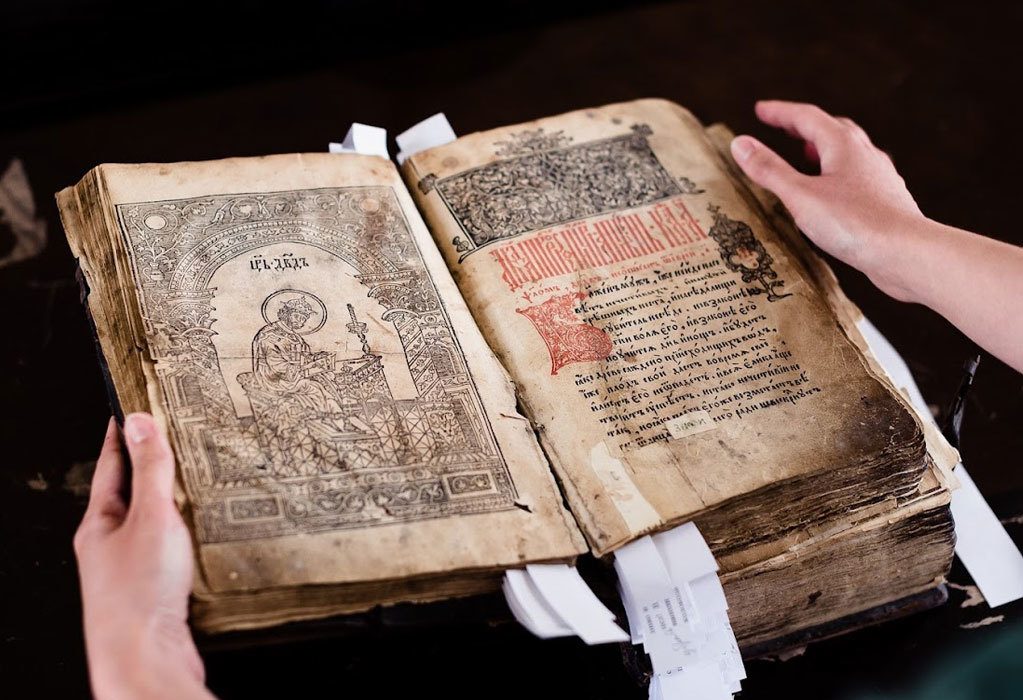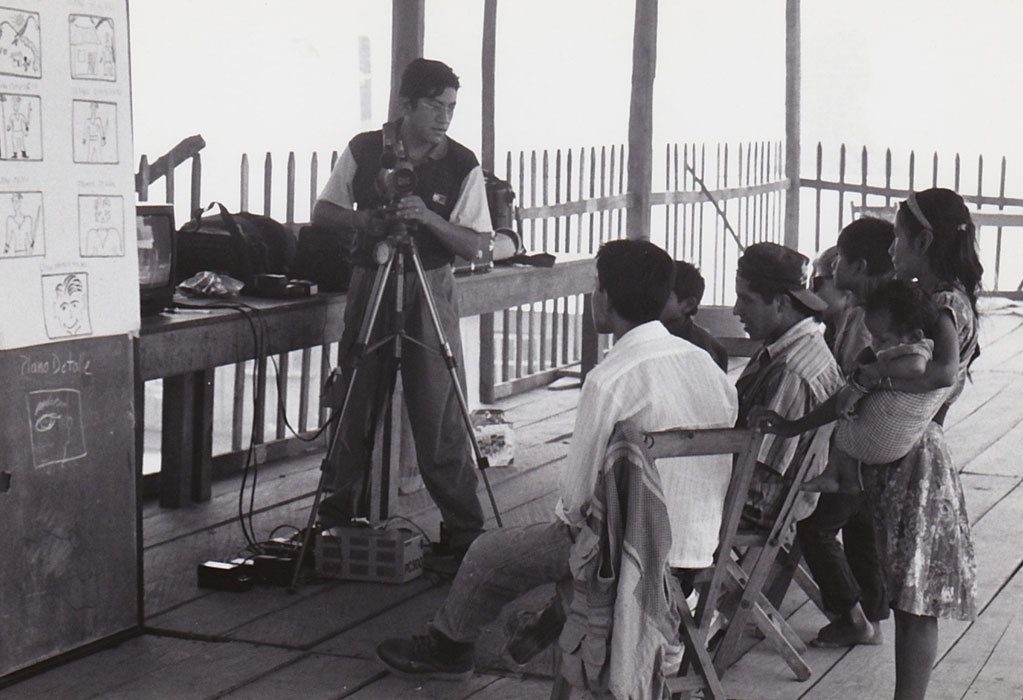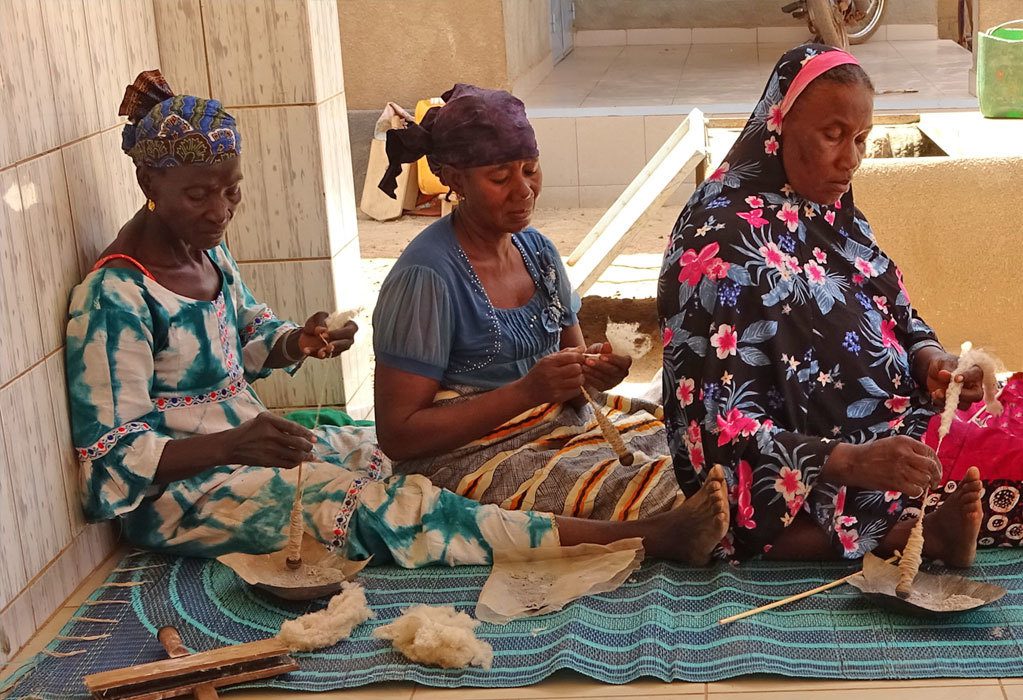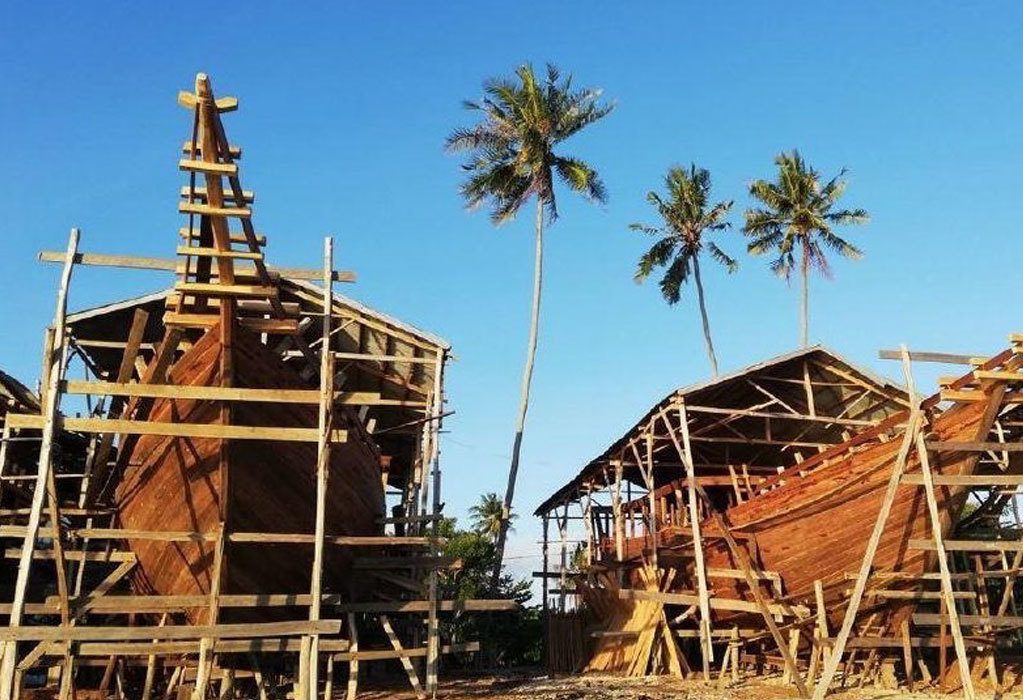
Recording cultural heritage
We want future generations to have knowledge of the world’s cultural diversity.
Cultures change over time. Much of the world’s cultural heritage is poorly documented and may become invisible to future generations.
Our grants support the digital documentation of cultural heritage that is poorly recorded and under threat. They create partnerships with local organizations and institutions to secure long-term preservation and free access to the records in line with the FAIR and CARE principles for data. Read more about our open access policy.
We prioritize grants where there is greatest need and resources are most limited, so we are less likely to fund work in Western Europe and North America.
We don’t have the capacity or expertise to fund emergency work in conflict zones or disaster areas.
We don’t accept applications for funding but individuals and organizations can apply to programmes that we support.
Priorities
Archives and manuscripts
We help digitize at-risk collections of written documents, photographs, and audio and video recordings, including born-digital material
Intangible culture
We support the documentation of languages and cultural practices that may be at risk of dying out.
Heritage sites
We support the large-scale documentation of archaeological sites and buildings in regions where existing records are incomplete and the risk of future loss is high. We are no longer initiating new heritage site projects.
Top banner image: EAP1005 Selection of Cham Manuscripts in Vietnam. Courtesy of the Endangered Archives Programme.





